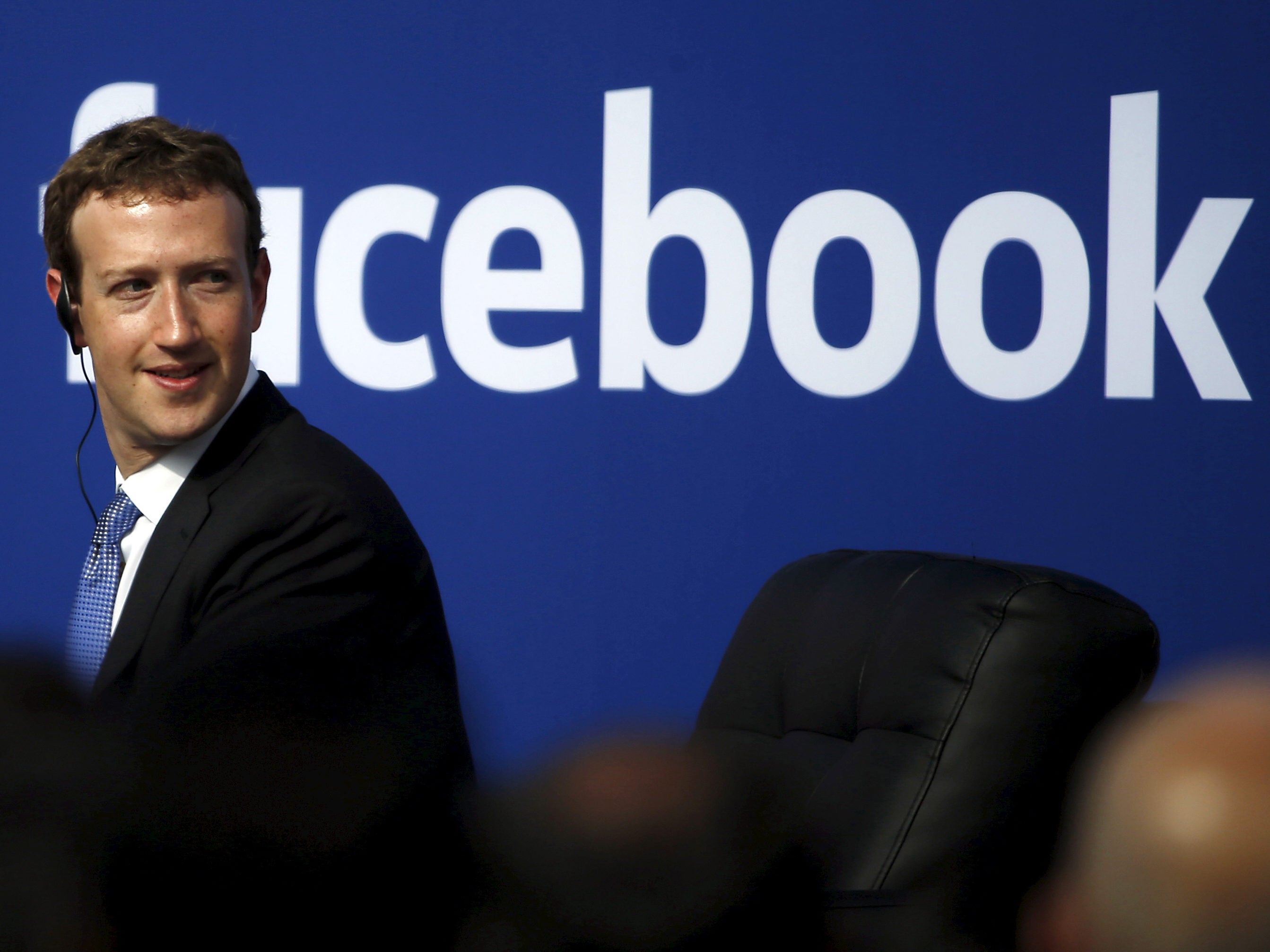
With 2016 now a bygone year, for regional and national newspaper proprietors, the objective for 2017 remains one of survival.
That search for survival needs to ensure regional and indeed perhaps national newspapers, do not become history.
The pressures that built up during 2016 were acute with falling readerships, rising operational costs, almost terminal revenue decline, and risk investment in digital technology topping the bill. Huge chunks of advertising sales were lost to Google and Facebook and there seems little chance of winning them back if the trend continues in how news is sourced and consumed.
The Financial Times recently reported that in the UK, “circulation and advertising falls mean (regional publishing) groups are slashing costs and investing online,” when they are struggling to generate revenue strategies. Classified and job ads fell away early on, to digital alternatives in this disruptive era, and publishers’ own tech shift to digital has been followed by a collapse in circulation and print advertising revenues.
Enders, the media analysis company, recently reported, that circulation figures of local titles have halved since 2007, from 50.5m a week to 26.6m. On top of that, print advertising has now dipped to one third of the revenues of a decade ago, from £2.7bn to £977m.
In 2010, Rolling Stone journalist Matt Taibbi wrote of the famous bank: “The first thing you need to know about Goldman Sachs is that it’s everywhere. The world’s most powerful investment bank is a great vampire squid wrapped around the face of humanity, relentlessly jamming its blood funnel into anything that smells like money.” The fact of the matter is, it may now be considered that the great vampire squid for news publishers, is Facebook.
Because of the effective optimisation of advertising by compiling data and analysing the tendencies of individuals, behavioural targeting is now the marketing strategy of choice.
Google was, and Facebook now is, the ever growing operational liaison between big name brands and consumers. As a result, newspapers have ever more diminished opportunities to attract advertising because they are acting alone and with little clout.
After failing to address the digital opportunity early on, regional publishers, and indeed, national and international publishers, are running out of both money and the time required to fix the problem.
At first glance the outlook may seem pretty grim for publishers, but the dilemma Google and Facebook is that their business models for news have, as reported in the Guardian article – 2016: the year Facebook became the bad guy – been biting them in recent weeks and months.
BuzzFeed recently featured a survey on the back of an article entitled, “most Americans who see fake news believe it,” and many now believe the most important source of news and most powerful media organisation in the world today is Facebook.
It all seems positive for them so far but, with 1.6 billion users, and more than 40 per cent of people deriving their news through the social network, by the end of the US presidential election, the top malicious, or fake news stories, actually outperformed legitimate news content.
Moreover, Facebook’s lifeblood is businesses which live off what it describes as its ecosystem, and so authoritative or respected news is less important in the economics of that model, while a great swathe of news consumers are demanding credible news sources from a universal provider, which individual publishers cannot address on their own.
What newsdit has created is a platform purely for publishers where they are in control. The optimisation, data analysing, geo and behavioural targeting is fulfilled in its clever software, and is a purely news and content focused search engine and news-based social network.
By publishers having a presence on newsdit, and selling advertising, subscriptions or articles through micropayments, publishers and syndicated columnists are able to participate in generating fair revenue and benefit from this universal publishing solution. It’s a great project and an inspiring objective and through participation, control can be retaken by publishers.
Newsdit has released fifty digital newspapers throughout the UK and a further two hundred in the US are coming, commencing in January 2017.
Featured cities can be found on the newsdit publisher page and our long-term mission is to work with regional publishers on this enterprise. if you would like to find out more about the newsdit project, then please write to the author.
The writer is Karl Capp, CEO of Software Company, RolBAC Ltd and Partner and Co-founder of Rolonews LP, provider of newsdit. RolBAC Ltd is the exclusive software services supplier to Rolonews and newsdit. Email: kcapp@newsdit.com
Email pged@pressgazette.co.uk to point out mistakes, provide story tips or send in a letter for publication on our "Letters Page" blog
